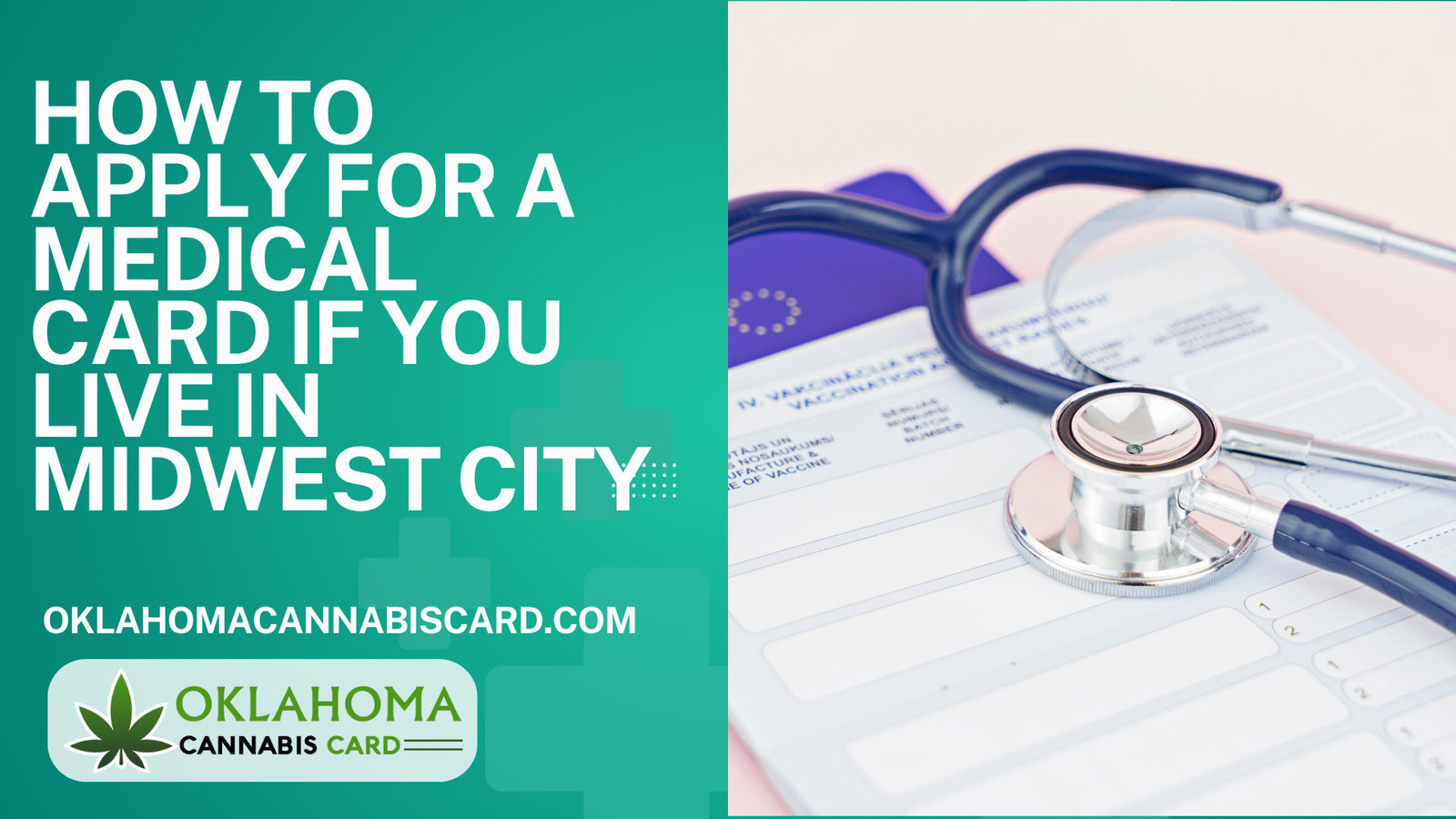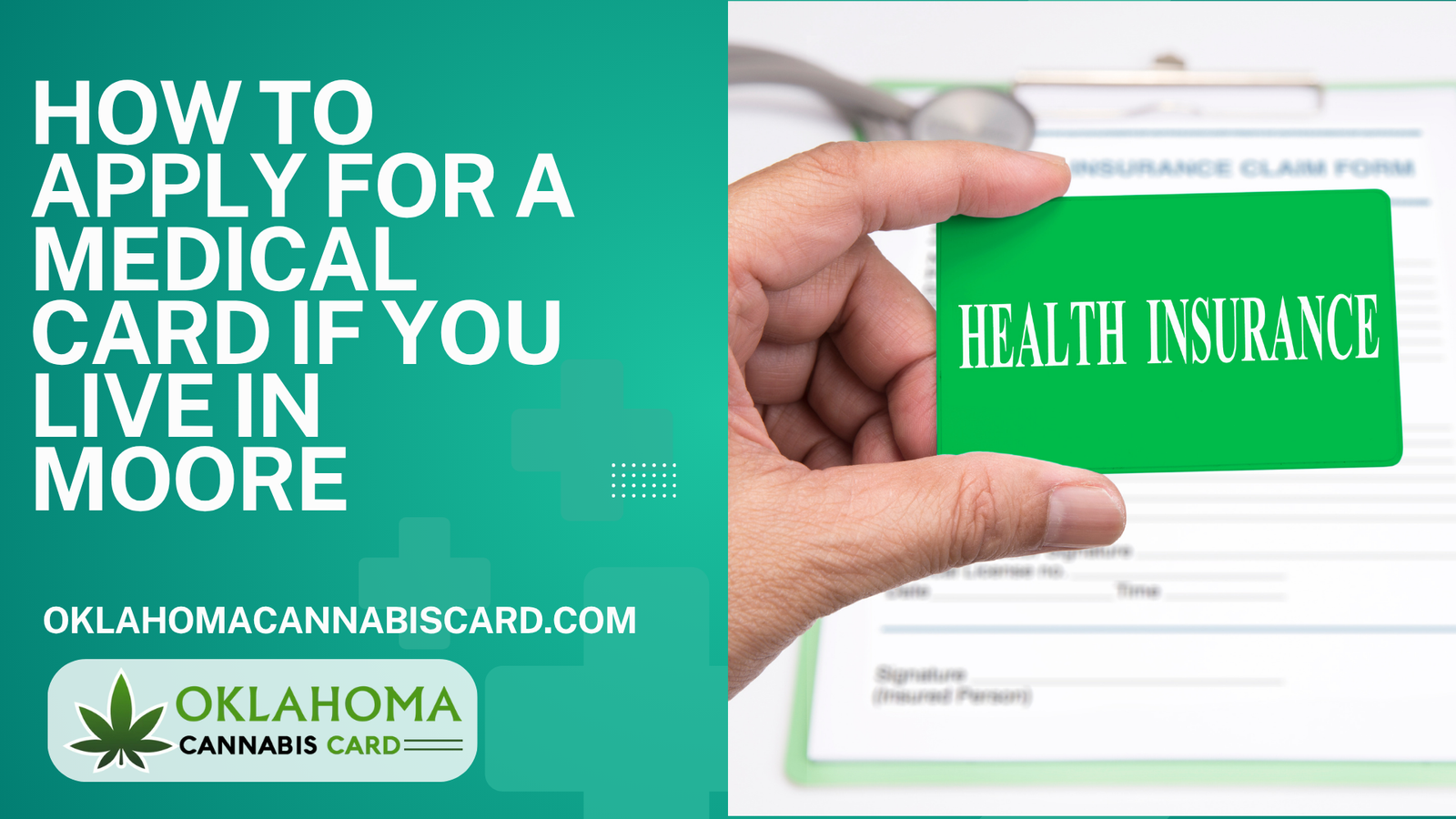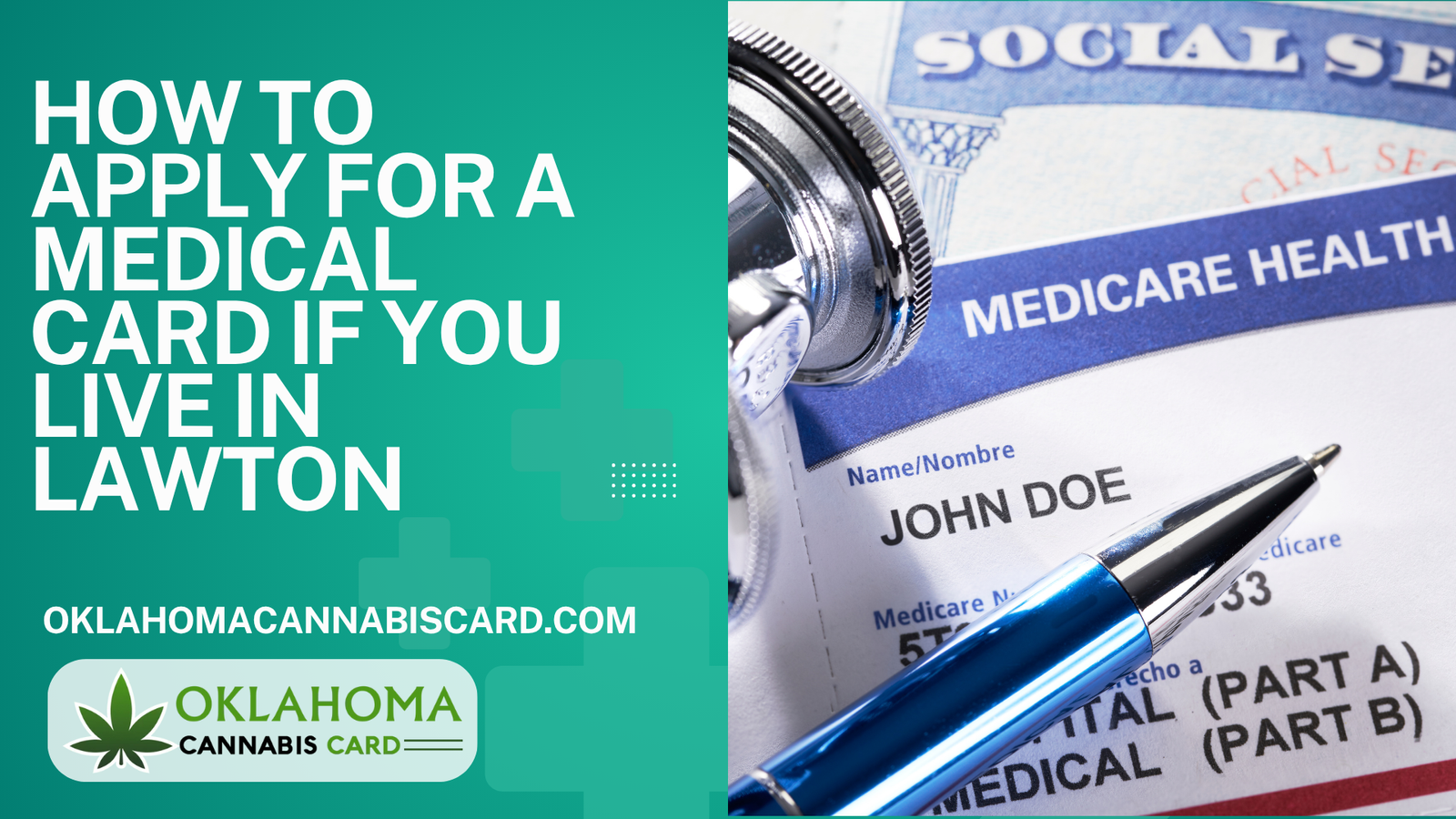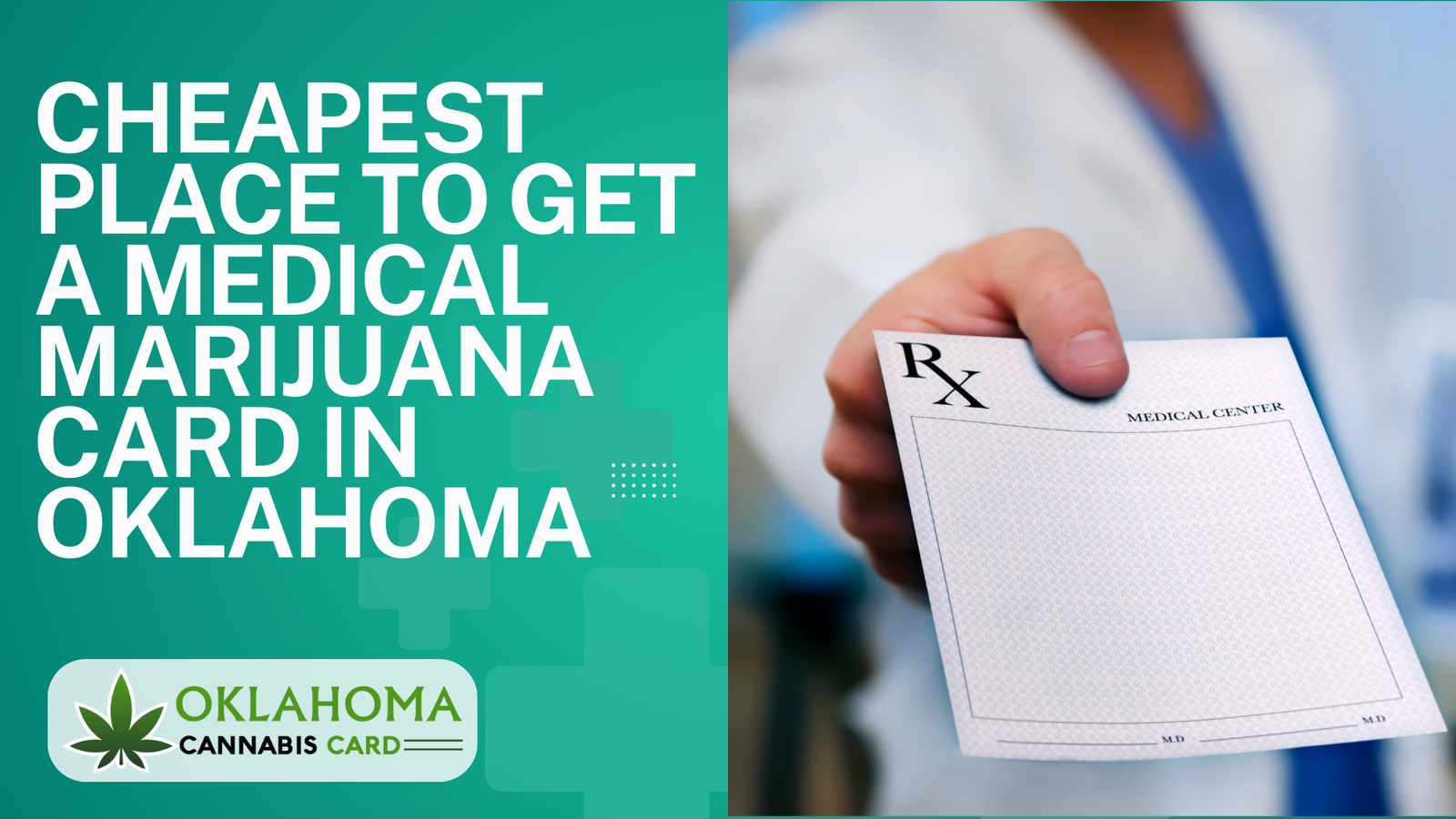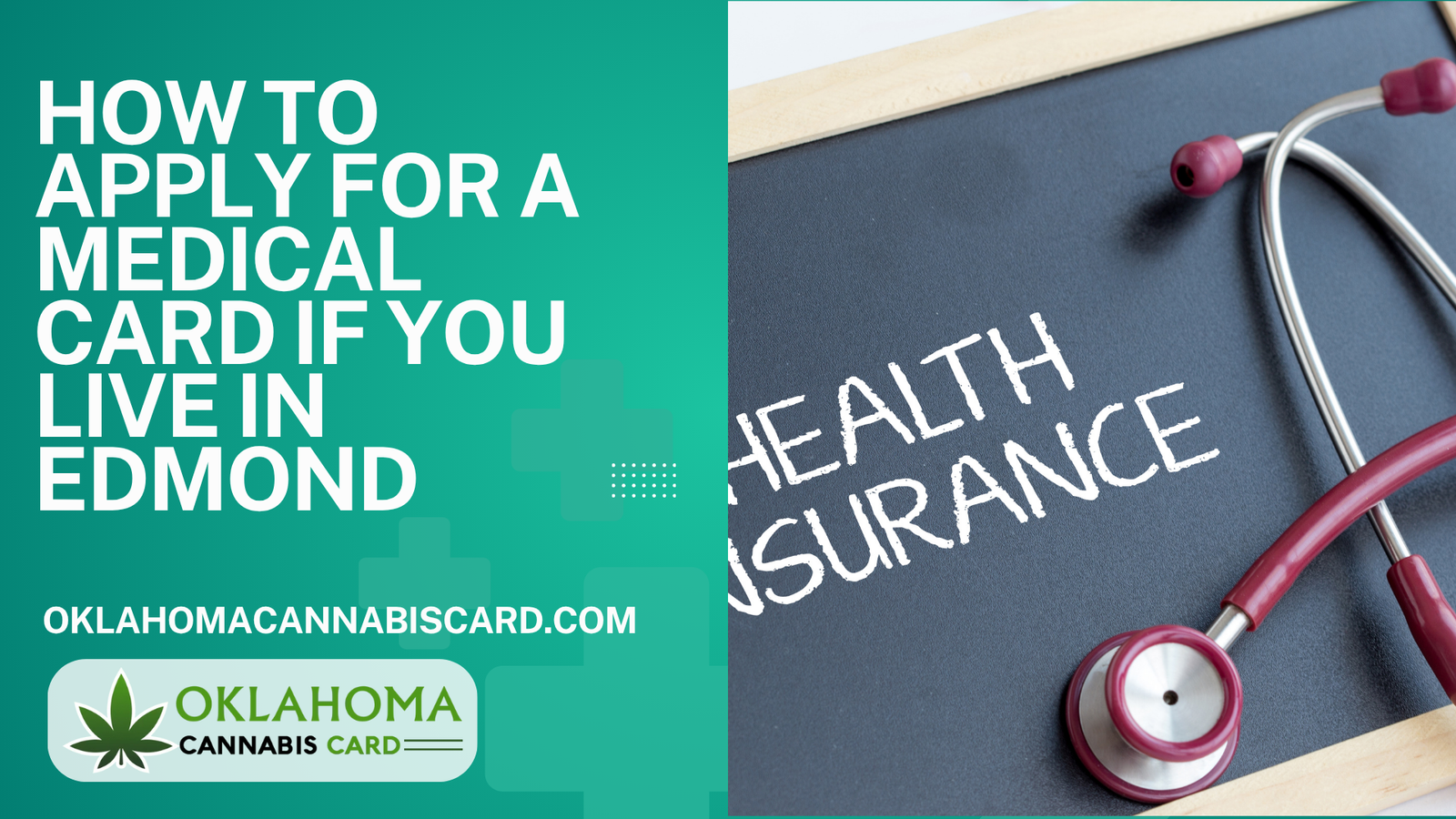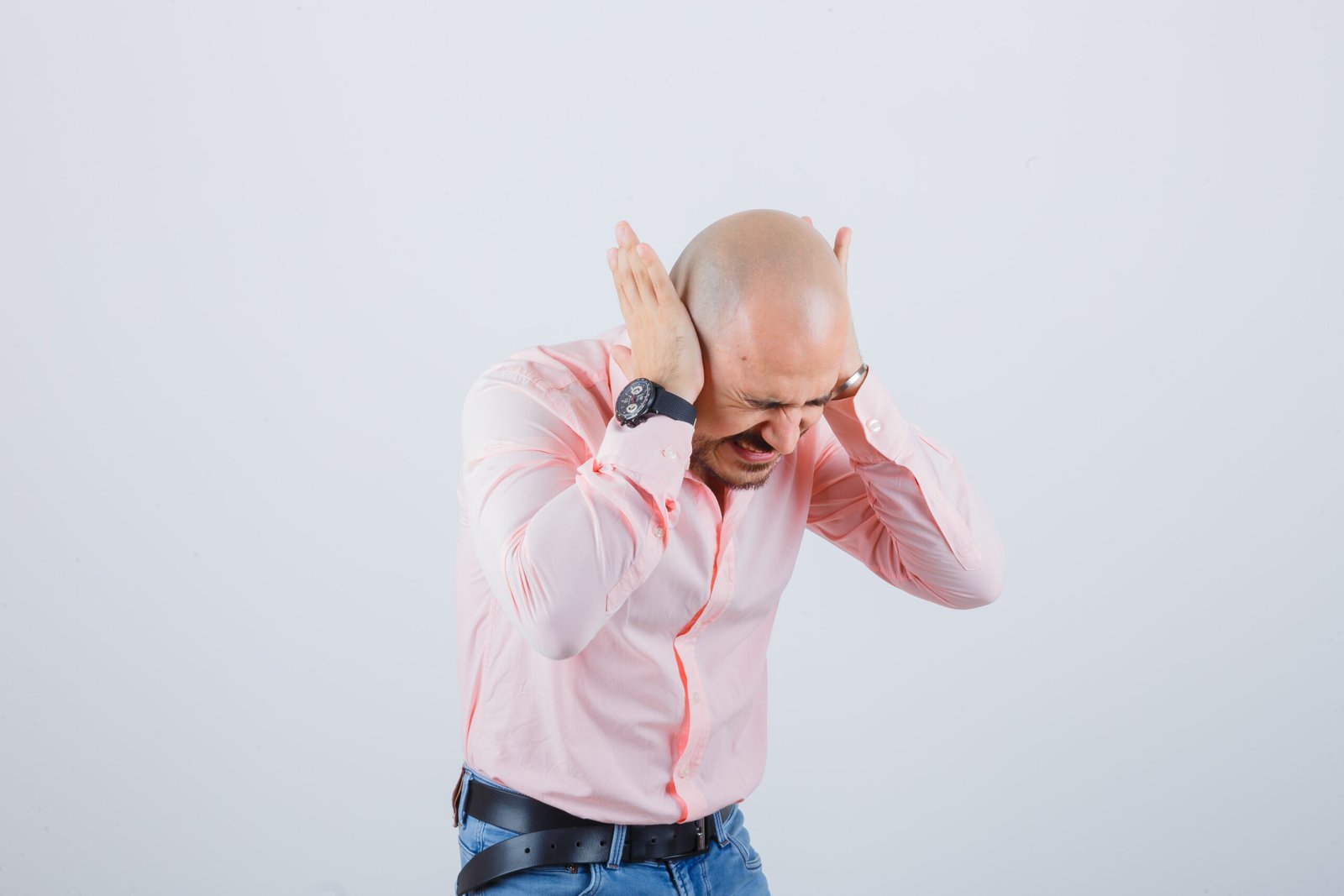
Table OF Content
- 1 Understanding Severe Epilepsy
- 2 Cannabis and Epilepsy: The Research
- 3 Medical Marijuana in Oklahoma
- 4 Obtaining a Medical Marijuana Card in Oklahoma
- 5 Choosing Cannabis Products for Severe Epilepsy
- 6 Potential Risks and Considerations
- 7 The Importance of Comprehensive Epilepsy Care
- 8 Legal Considerations in Oklahoma
- 9 Conclusion
- 10 FAQs
- 10.1 1. Can children with severe epilepsy use medical marijuana in Oklahoma?
- 10.2 2. Will medical marijuana interact with my anti-epileptic medications?
- 10.3 3. How quickly can I expect to see results from using cannabis for epilepsy?
- 10.4 4. Can I stop my other epilepsy medications if I start using cannabis?
- 10.5 5. Is CBD oil legal in Oklahoma without a medical marijuana card?
Understanding Severe Epilepsy
Epilepsy is a neurological disorder that causes recurring seizures. Severe epilepsy refers to cases where seizures are frequent, intense, or resistant to traditional treatments. This can include conditions like Dravet syndrome, Lennox-Gastaut syndrome, and other forms of intractable epilepsy. These severe forms can significantly impact cognitive development, physical health, and overall quality of life.
Cannabis and Epilepsy: The Research
Unlike many other conditions, there is substantial research on the use of cannabis, particularly CBD, for epilepsy:
- FDA-Approved Treatment: In 2018, the FDA approved Epidiolex, a CBD-based medication, for treating seizures associated with Dravet syndrome and Lennox-Gastaut syndrome.
- Seizure Reduction: Multiple studies have shown that CBD can significantly reduce seizure frequency in patients with treatment-resistant epilepsy.
- Improved Quality of Life: Many patients report improvements in sleep, mood, and overall well-being when using cannabis-based treatments.
While these results are promising, it’s important to note that cannabis is not a cure for epilepsy, and its effectiveness can vary from person to person.
Medical Marijuana in Oklahoma
Oklahoma legalized medical marijuana in 2018, making it accessible to patients with a wide range of conditions, including severe epilepsy. The state has one of the most patient-friendly medical cannabis programs in the country, with no specific list of qualifying conditions. Instead, doctors can recommend cannabis for any condition they believe it might help.
Obtaining a Medical Marijuana Card in Oklahoma
For epilepsy patients interested in trying medical cannabis, the first step is obtaining a medical marijuana card. Here’s how to do it:
- Consult with a Doctor: Schedule an appointment with a licensed physician registered with the Oklahoma Medical Marijuana Authority (OMMA). They will evaluate your condition and determine if cannabis could be beneficial.
- Receive a Recommendation: If the doctor believes cannabis could help, they will provide a written recommendation.
- Apply Online: Submit an application to OMMA through their online portal. You’ll need to provide your doctor’s recommendation, proof of identity and residency, and pay a fee.
- Wait for Approval: OMMA typically processes applications within 14 business days.
At Oklahoma Cannabis Card, we simplify this process. Our service provides an Oklahoma Medical Marijuana Card for $129, which is valid for two years. Renewals are available after two years for $99.
Choosing Cannabis Products for Severe Epilepsy
Once you have your medical marijuana card, it’s crucial to choose the right products. For epilepsy, CBD-dominant products are often recommended:
- CBD Oils and Tinctures: These can be taken orally or added to food and drinks, providing precise dosing.
- CBD Capsules: These offer a consistent dose and are easy to incorporate into a daily medication routine.
- Full-Spectrum CBD Products: These contain small amounts of THC and other cannabinoids, which may enhance the anti-seizure effects (known as the “entourage effect”).
It’s crucial to start with a low dose and gradually increase under medical supervision. The optimal dose can vary significantly between individuals.
Potential Risks and Considerations
While cannabis has shown promise for epilepsy treatment, it’s not without risks. Potential side effects can include:
- Drowsiness
- Changes in appetite
- Diarrhea
- Fatigue
- Potential interactions with other anti-epileptic drugs
It’s crucial to discuss these potential risks with your healthcare provider and to closely monitor any changes in seizure activity or overall health when starting cannabis treatment.
The Importance of Comprehensive Epilepsy Care
While cannabis may help manage seizures, it’s not a replacement for comprehensive epilepsy care. Continue to follow your prescribed treatment plan, including any anti-epileptic medications, dietary therapies, and regular check-ups with your neurologist. Cannabis should be viewed as a complementary therapy, not a sole treatment for severe epilepsy.
Legal Considerations in Oklahoma
While medical marijuana is legal in Oklahoma, there are still some legal considerations to keep in mind:
- It’s illegal to drive under the influence of cannabis.
- Employers can still enforce drug-free workplace policies.
- Cannabis remains illegal under federal law, which can impact things like firearm ownership and federal employment.
Conclusion
For Oklahomans living with severe epilepsy, medical cannabis represents a potentially valuable tool in managing seizures and improving quality of life. The research supporting its use, particularly for treatment-resistant forms of epilepsy, is more robust than for many other conditions.
If you’re considering medical marijuana for severe epilepsy, start by having an open conversation with your neurologist or epileptologist. They can help you weigh the potential benefits against the risks and determine if it’s a suitable option for you or your loved one.
Remember, every person’s experience with epilepsy is unique, and what works for one patient may not work for another. Be patient and work closely with your healthcare team as you explore this treatment option.
At Oklahoma Cannabis Card, we’re committed to helping patients access the potential benefits of medical marijuana safely and legally. Our team is here to guide you through the process of obtaining your medical marijuana card and answering any questions you may have along the way.
FAQs
1. Can children with severe epilepsy use medical marijuana in Oklahoma?
Yes, minors can use medical marijuana in Oklahoma with parental consent and two physician recommendations. In fact, many of the studies on CBD for epilepsy have focused on pediatric patients.
2. Will medical marijuana interact with my anti-epileptic medications?
Cannabis can potentially interact with some anti-epileptic drugs. It’s crucial to discuss all your medications with your doctor and neurologist before starting cannabis treatment.
3. How quickly can I expect to see results from using cannabis for epilepsy?
The timeline for seeing results can vary. Some patients report improvements within a few weeks, while for others it may take longer. Consistency and patience are key.
4. Can I stop my other epilepsy medications if I start using cannabis?
No, you should never stop or change your prescribed medications without consulting your neurologist. Cannabis is typically used as a complementary treatment, not a replacement for standard epilepsy care.
5. Is CBD oil legal in Oklahoma without a medical marijuana card?
CBD oil derived from hemp (containing less than 0.3% THC) is legal in Oklahoma without a medical marijuana card. However, for higher-THC products or to access the full range of medical cannabis products, you’ll need a card.


